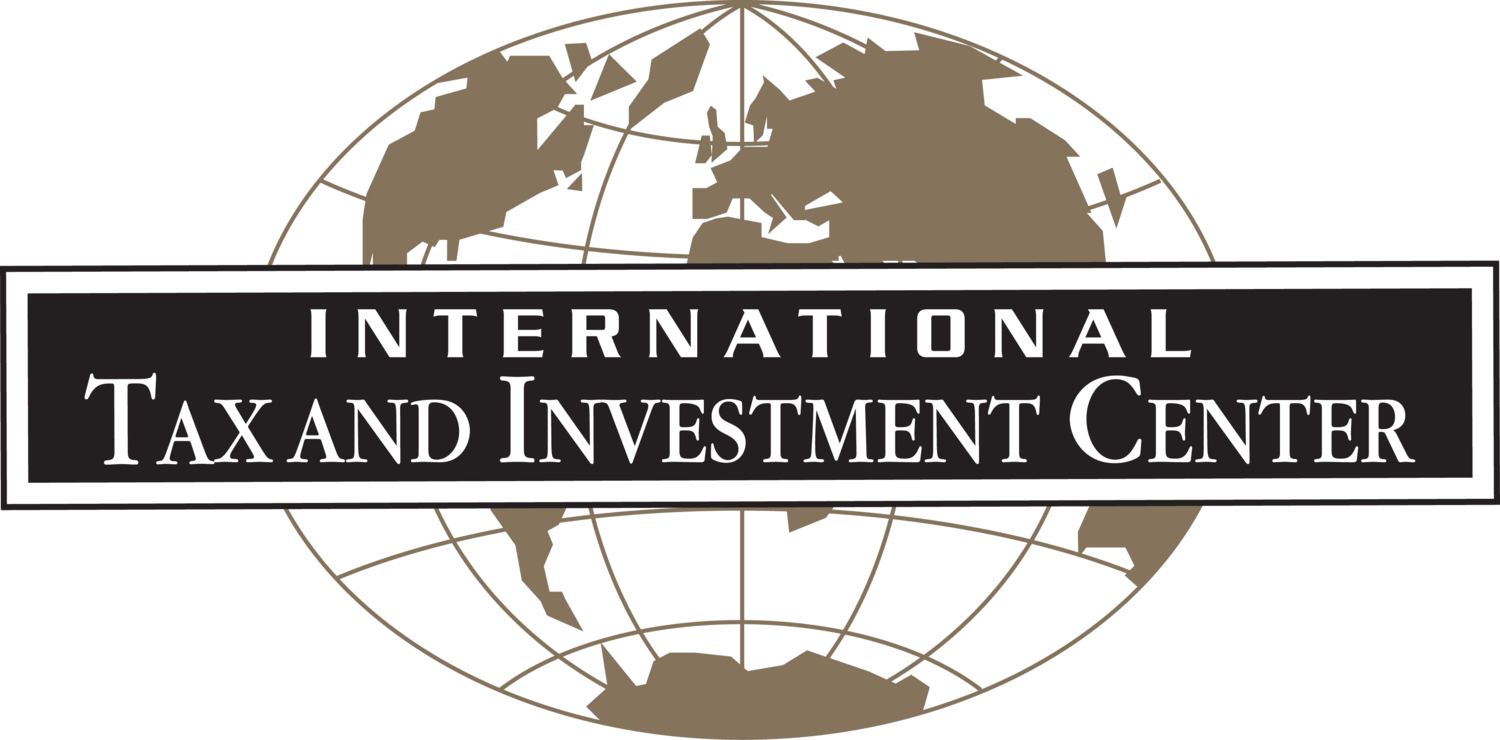This week:
- ITIC held a "Capacity Building Workshop on Taxation in the Extractive Industry" in Tanzania
- The Platform for Collaboration on Tax released their "Conference Statement"
- The European Parliament Committee on Economic and Monetary Affairs approved a new EU corporate tax plan
- The UN Committee of Experts on International Cooperation in Tax published the report from their fifteenth session
- South Africa announced its proposal to increase the VAT rate
- Serbia became the 112th member to sign the Inclusive Framework on BEPS
- The IMF concluded a mission to Turkey and released a Staff Concluding Statement

